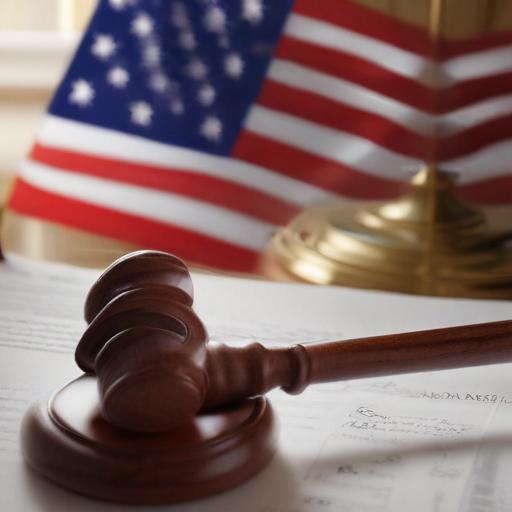Yesterday, the Supreme Court convened to discuss a critical legal matter concerning President Trump’s potential to end birthright citizenship. However, the focus of the arguments veered towards a significant constitutional question: can a lower-court judge effectively restrict a president’s policies on a national scale? The administration contends that such broad limitations on executive authority by a single judge are not permissible, a stance that seeks to diminish the judiciary’s role in checking presidential power, extending concerns beyond just immigration policies.
Notably, this issue is not confined to partisan lines; it has evoked reactions from both Democratic and Republican politicians who have raised concerns over the influence of lower courts in enforcing or blocking executive actions. During the proceedings, the Supreme Court justices engaged with the arguments without clear ideological divisions.
The core of this debate lies in the response following the president’s order to rescind birthright citizenship, a move that prompted legal challenges from various organizations seeking to halt the enforcement of the policy. The legal process surrounding such cases can be protracted, leaving substantial numbers of newborns vulnerable to losing their citizenship rights. Traditionally, judges address this dilemma by issuing injunctions that pause the implementation of a policy until the matter is resolved through the courts. Recent trends show that federal judges in states like Maryland, Washington, and Massachusetts have issued nationwide injunctions against the enforcement of Trump’s birthright citizenship ban, showcasing a growing trend in judicial intervention.
This ongoing legal battle highlights the complex interplay between executive power and judicial oversight, with potential implications for a wide array of presidential actions beyond immigration. It emphasizes the importance of judicial checks on the executive branch as foundational to maintaining a balance of power within the government. The outcome of this case will have far-reaching consequences for future presidential policymaking and the role of courts in regulating such efforts.
